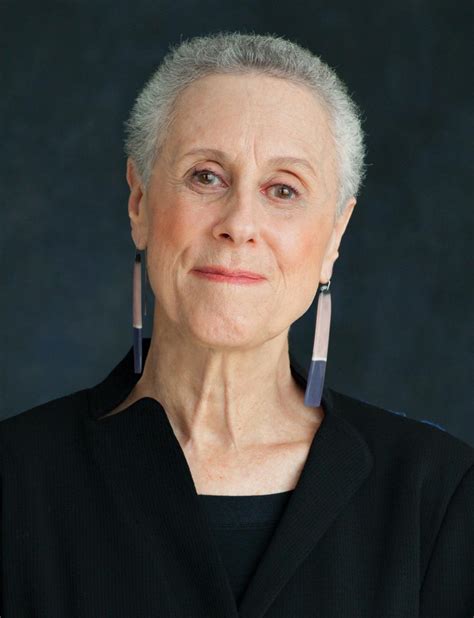A Quote by Rachel Hunter
There's a side of me that dislikes feminism. I think we surrendered something and women were unable to reveal any kind of vulnerability.
Related Quotes
There was no real strategic decision about editorial tone. It was kind of a write whatever you want to write, and we'll see how it goes. I think that we lucked out in that all of the women who started writing at Feministing.com were really funny, and I don't think that's something people are used to seeing or hearing when they read feminism. You know, you think feminism and you kind of think academic, women's studies, dry, humorless; there are all of these stereotypes that go along with what feminist thought is and what feminist writing is.
I think feminism has always been global. I think there's feminism everywhere throughout the world. I think, though, for Western feminism and for American feminism, it not so surprisingly continues to center Western feminism and American feminism. And I think the biggest hurdle American feminists have in terms of taking a more global approach is that too often when you hear American feminists talk about international feminism or women in other countries, it kind of goes along with this condescending point of view like we have to save the women of such-and-such country; we have to help them.
Something you hear a lot is that feminism dead. But if feminism is dead, why do people try so hard to kill it? Something just isn't making sense there. So I think when young women hear like, hey, someone's trying to get something over on me, you know, someone's trying to deliberately keep me away from a movement that could make my life better, I think that really resonates with them.
I think the idea that feminism is dead is dangerous because it leads women and men to believe that (1) they don't have to do anything; the work has been done, and that everything is okay now; and (2) it leaves them kind of alone, I think, in a struggle, and that's something I've seen a lot when I go to colleges and I speak to young women.
I get very frustrated when I hear women saying, "Oh, feminism is passé," because I think feminism means empowerment. Men can be feminists, too! Many men are feminists. We need feminism. It's not against men; it's about the empowerment of women. It's the respect of women - giving women equal rights, the same opportunities.
[Ginsburg's] feminism was very sweeping and very ambitious and very consistent. Justice O'Connor had a more case-by-case, pragmatic approach to her feminism. They were not entirely the same, [but] I think that they shared the most important thing, which is the belief that they were worthy and that therefore other women were worthy.
I know I certainly wouldn't be writing books if it hadn't been for the feminist blogosphere, and I think that's a really amazing thing. And just the sheer power of outreach I think is incredible. It used to be that if someone was to get involved in feminism, it was probably because they were already interested. They were already interested in feminism; they were already interested in being an activist, and they found their way to like a NOW meeting or to a consciousness-raising group or something like that.
There are many feminists who work in the media, and they think that feminism is very important. It is in their own lives, but mostly feminism has had an impact among privileged women in the advanced Western countries. For the most part, it hasn't begun to touch the lives of poor and working women in the Third World, and that distresses me.
I preferred that option, where my camera (and by proxy, me) could look them straight in the eye. The way they reacted to me was always interesting. Sometimes hard young men would reveal vulnerability and a softer side. In the case of teenage girls, I often got a fascinating glimpse of the woman inside.






































